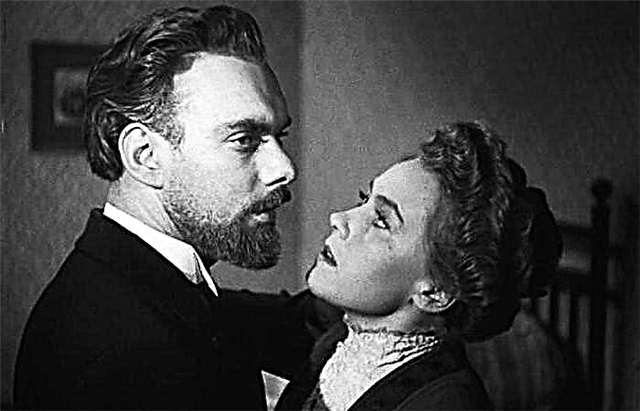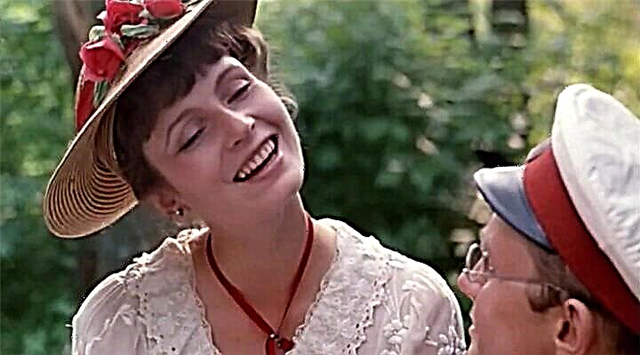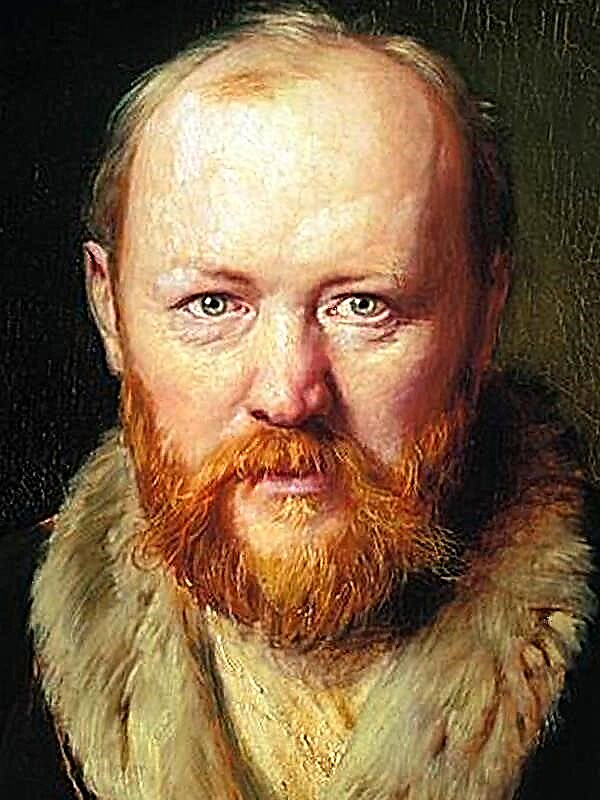The story of the invasion of the Lithuanian king Stephen with a great and proud army on the great and glorious God-saved city of Pskov; from where and how and in what way God sent him for our sins to the Russian land and how, by the great mercy of the Pre-Original Trinity, to us sinful Christians, he left the city of Pskov with shame and great shame.
It was in the year 7085 (1577), in the kingdom of the noble and Christ-loving sovereign, tsar and grand duke Ivan Vasilyevich, all Russia autocrat, and with his noble princes Ivan Ivanovich and Fedor Ivanovich. Our sovereigns ruled worthily by the Orthodox Christian Russian kingdom, defending and protecting subjects from enemies. They especially defended churches, monasteries and the holy Orthodox Christian faith.
The tsar received news of the invasion of Germans from Livonia, who caused much evil to his northern cities and villages, including the Pechersky Monastery. The Tsar Emperor stood at the head of the army and led him against the Livonian Germans. Arriving in the glorious city of Pskov, standing on the border with the cities of the Gentiles, he distributed his boyars and governor in it. He prayed in front of the image of the life-giving Trinity and in front of the icon of the Theotokos about giving him victory over non-religious enemies and went on a campaign. When he reached Livonia land, its inhabitants were confused: some of them fled to other lands, others shut themselves in their cities, and still others hesitated and did not know what to do. Those cities that did not obey him, the sovereign took by force and did not spare their inhabitants, the same cities where he was met with gifts, he spared and showed mercy to their inhabitants. The neighbors of the Livonian Germans — the Kurland Germans — having heard of the power of the Russian sovereign, sent ambassadors to him and asked them to have mercy on them and impose a tribute to them. The sovereign did just that, and he conquered the Livonian land and, in good health with the glory of a victor, returned to his homeland on Russian soil.
At first, the sovereign arrived at the Pechersky monastery, from there - to Pskov, and then to Moscow. Upon learning of this, the Courland Germans united with the Livonian Germans who had taken refuge from them and sent troops to the cities just taken by the Russian sovereign, and many of them were evil, while others were again captured. Upon learning of this, the Russian sovereign was angry and, on the third summer after the first campaign, set off on his way to revenge. The Germans were frightened and turned to the Lithuanian king Stephen for help. Stefan with his army rushed to the city of Polotsk, which seventeen years ago the Russian tsar took from Lithuania. Upon learning of this, the sovereign sent his governor and troops to the cities near Polotsk and Polotsk itself. When he reached Pskov, the sovereign learned that the Lithuanian king had taken Polotsk and the surrounding cities. The emperor twisted, but said only: "The will of the Lord be done, whatever the Lord pleases, so be it." The sovereign returned to Moscow. In the second year after the capture of Polotsk (in 1579), King Stefan again rushed on a campaign on Russian soil and captured the Russian suburbs. And the king decided to go to Great Luke. Our sovereign sent his governor to Velikiye Luki, as king Stephen sent ambassadors to make peace with him. The eager Stefan did not want to hear about peace, he decided to conquer not only Great Luke, but also Pskov and Veliky Novgorod. Our sovereign sent his boyars and governor to Pskov and Veliky Novgorod. Stefan returned to the Lithuanian land and let his soldiers go on vacation. In the spring, he ordered them to prepare for a new campaign: to the city of Pskov. Prince Ivan Petrovich Shuisky, the boyar and governor, reported to the sovereign that Pskov was well fortified and could withstand the Lithuanian king. The sovereign, "wetting his face with tears," gave the city of Pskov into the hands of God and the Virgin and the great wonderworkers. Arriving in Pskov, Prince Ivan Petrovich Shuisky worked diligently to strengthen its walls. King Stephen called on his friends and immediate neighbors to join him and all together to go to the glorious and rich city of Pskov. Of the many lands gathered regiments to King Stephen in Lithuania to go to Pskov. King Stephen gathered a huge army: sixty thousand hired people and forty thousand of his people. The king came to the borders of the Russian land and soon was already a hundred fields from Pskov - in the city of Voronich. “He opened his bottomless mouth, like a hellish abyss, and wanted to devour the city of Pskov <...> And he already imagined himself a serpent to defeat Pskov.” The sovereign governors and residents of the city of Pskov relentlessly prayed to the living Trinity and the Virgin and prepared for a siege. "The grace of God and the hope of the omnipotent help of God engendered the desire for achievement in the hearts of all." In Pskov, they learned that the Lithuanian king Stefan had already come to the Island, which was fifty fields from Pskov. From there, the Lithuanian army moved on and stopped in five fields from Pskov.
On August 18, 7089 (1581), on the day of the memory of the holy martyrs Frol and Laurus, the siege of the God-saved city of Pskov began. The troops of King Stephen crossed the river Cherekhu and began to go around the city, while the sovereign boyars and governors ordered them to be fired at with guns. King Stephen began to diligently prepare for the capture of the city. His soldiers dug trenches from their camps along the large Smolensk road to the Great, Pig and Pokrovsky gates, and in those trenches dug one hundred thirty-two large dugouts, where captains and centurions were located, and nine hundred and four smaller dugouts, where the guides settled down. So the enemies approached the city, and only the urban moat separated them from the city wall.
On the night of September 4, they rolled up and set up the tours, covered them with earth, and the next day they put guns in them. The sovereign boyars and governors, having called for the help of God, and the Virgin, and all the saints, began to strengthen the walls at the Pokrovsky gate and put guns there. King Stefan ordered his hetman Yuri Zinoviev Ugrovetsky to hit the city with guns and make large breaks in the wall to take the city of Pskov.
On September 7, enemies hit the city in three rounds and twenty squeals all day until night, and broke the Pokrovskaya tower and half the Pig tower, and in many places broke the city wall. King Stefan invited all his commanders to dinner, and they promised that they would have dinner in Pskov. September 8, on the feast of the Nativity of the Most Holy Theotokos, “Lithuanian governors, and captains, and all town-goers, and guides, promptly, joyfully and confidently went to the town of Pskov to attack”. The sovereign boyars and governors ordered to beat the siege bell to give news to the entire Pskov people about the Lithuanian attack on the city. The sovereign warriors began to shoot at the enemy regiments with guns and many soldiers were beaten. The clergy cried a prayer service in the collegiate church of the life-giving Trinity, praying to God for the deliverance of the city of Pskov. The Pskov people fled to the breach place and prepared themselves firmly against the enemy to stand and die to one and all for the Christian faith, for Pskov city, for their home, wives and children. The Pskov warriors did not allow the Lithuanian troops to climb the city wall, but the Lithuanian town-men tightly chained in iron and armor nevertheless climbed the wall and began to shoot at the city at the people, clearing the way for the city to be taken.
King Stephen himself approached the city and stopped in the temple of Nikita, the great martyr of Christ, which is one field from the city. His associates began to ask permission to go forward to the Pskov fortress and promised to meet King Stephen with honor, and to capture two main governors of the Russian sovereign: Ivan Petrovich Shuisky and Vasily Fedorovich Shuisky-Skopin. The king was delighted and released two thousand elected town-dwellers and noblemen close to him, and they poured into the city. The sovereign boyars and governors, and all the military people, and the Pskov people courageously fought with them and did not allow them to leave the walls and towers in the city. Christian warriors, like wheat ears torn from the ground, perished for the Christian faith. In the cathedral church of the city of Pskov, the Pechersk igumen Tikhon and Archpriest Luke, and the entire priestly and deacon’s cathedral, prayed tearfully for the salvation of the city of Pskov and those living in it. “There was a terrible cry and loud groaning and an indescribable cry all over the streets of the God-saved city of Pskov.” The Lithuanian army stubbornly pressed, thinking that God had left the city of Pskov. But God remembered his humble children and punished King Stephen for his pride. The Lord heard the prayer of his servants and showed them great mercy.
From the boom of praise the sovereigns hit the warriors from a huge squeak along the Pig Tower and beat many Lithuanian soldiers. In addition, they laid a lot of gunpowder under the Pig Tower and blew it up, which made another tower out of the bodies of the highly proud nobles - close to King Stephen. When the king asked if the nobles were in the fortress, they answered him: "Under the fortress." Upon learning that his entourage had been killed and burned and lying in a ditch, the king almost rushed to his sword. Furious, he sent an order to the captains and town-goers by all means to take the city of Pskov. The sovereign boyars, despite the fierce onslaught of enemies, relentlessly relied on God. Miraculous icons, relics of the blessed prince Gabriel-Vsevolod and other shrines were brought to the crash site, and at that very hour the salvation of hail Pskov on the breach invisibly came. Christian warriors knocked down Lithuanian warriors from the wall, after which, having climbed the wall, they beat Lithuania already outside the city and finished off the remaining in the Pokrovskaya tower.
Having learned about this, the Pskov women took up arms and went to finish off the Lithuanians who remained after the attack. They put gunpowder under the Pokrovskaya tower and set it on fire - the Lithuanians who remained in the tower were destroyed. “And Lithuania fled from the city to its camps. “The Christians jumped out of the city and chased them far, chopping them.” God granted the Christian army victory over the proud and godless Lithuania. Everyone rejoiced and thanked God. There were eight hundred sixty-three valiant brave men who died at the hands of the Lithuanians, they were buried, and they ordered the wounded to be healed by the sovereign treasury.
King Stephen, seeing that his army with shame escaped from the city, was filled with great shame. "The Getmans did not dare to appear to their king, ashamed of their shame and indefatigable boast before the king." Near Pskov, more than five thousand town-dwellers died, while the wounded were twice as many. Hearing about this, the king fell into despair and showered himself and his army with many reproaches. He began to think, along with his hetmans and first advisers, how to take Pskov and defeat his indomitable governor and rebellious people.
And the Lithuanians began to attack the breach places every day, but the sovereign boyars and governors did not allow the enemies to enter the city wall. They commanded a wooden wall with loopholes to be built against the breach place and put up many towers, and between the wooden and stone walls they ordered to dig a moat. Seeing that it was impossible to storm Pskov, King Stephen began to write letters to the sovereign boyars and governors about the surrender of the city of Pskov. He promised to caress and bless them if they surrender the city peacefully. His warriors sent these letters on arrows to the city, but the sovereign boyars and governors wrote in response to him, so that he would prepare for a battle with them, "and whoever defeats whom, God will show."
From the captured languages the Pskov warriors became aware that the enemies lead several undermines under the city. The sovereign boyars and governors ordered several auditory moves against the underground tunnels from the city and closely monitor the underground tunnels. The defector Ignash told about the places undermining, and by the grace of God this Lithuanian plan was upset. On October 24, the Lithuanians started firing at burning houses with hot cores, but even from these intrigues, God kept Pskov completely unscathed. Then, on October 28, Lithuanian soldiers made their way under the city wall from the side of the Velikaya River and, closing their shields, began to cut off a stone wall from the Pokrovskaya tower to the Water Pokrovsky gates so that the cut wall fell into the Velikaya River. And the wooden wall that was built next to the stone, they wanted to light. The sovereign boyars and governors ordered to throw burning tar rags on Lithuania, as well as to make a lot of loopholes in the stone and wooden wall and shoot at the hooks that cut off from the handrails and stab them with spears. Lithuanian town-goers and haiduks returned to their camp. King Stefan ordered to hit from the guns on the wall from behind the Great River and make daily attacks. This went on for five days.
On November 2, the Lithuanians launched a major attack on the ice, but were killed. The sovereign boyars and governors sent a report to the emperor about the dead and wounded and asked for replenishment in order to defend the city of Pskov. There was sent a streletsky head Fedor Myasoedov with a detachment of archers. "The proud king, having seen that it is impossible to take the city of Pskov by any means and malice, ordered the captains with guides to move away from the city to the camps and to carry guns." This happened on November 6th. Everyone who was in Pskov praised God, hoping that soon the king with all the army would depart. But he was still standing under the city. The Russian tsar sent his governor to the Lithuanian land, where they conquered many cities and returned to the Russian land with great wealth and captivity.
Archpriest Anthony came to King Stefan of the Lutheran faith. The king was very happy and began to consult with him how to make peace with the Russian sovereign. Anthony went to the Russian sovereign and said that he had arrived from the pope to reconcile the sovereign and the king. The king, on the other hand, left for the land of Lithuania, but left Pskov under the chancellor, the Polish hetman, with an army to continue the siege of Pskov. He stood under the city, but did not dare to take the city and did not even dare to approach. The sovereign warriors made frequent sorties. A total of forty-six of them were committed, and thirty-one of the Lithuanian attacks on Pskov.
The Lithuanians conceived to destroy Prince Ivan Petrovich Shuisky and sent him a casket, saying that there was a treasury inside, but in fact there were gunpowder and home-made guns connected by a belt with locks of the casket. Prince Ivan Petrovich guessed that the casket was tricked, and did not himself unlock it. “Whom God preserves, the whole universe cannot kill, and from whom God turns his back, the whole universe cannot hide.” A few days later, on January 17, the sovereign boyars received the news that the sovereign ambassadors had concluded peace with the royal ambassadors. On February 4, the Polish hetman withdrew from the city of Pskov with the whole army to the Lithuanian land. “Then the closed gates opened in the city of Pskov: thus came the end and the story.” It was painted in the same God-protected city of Pskov by its resident, an icon painter by craft.

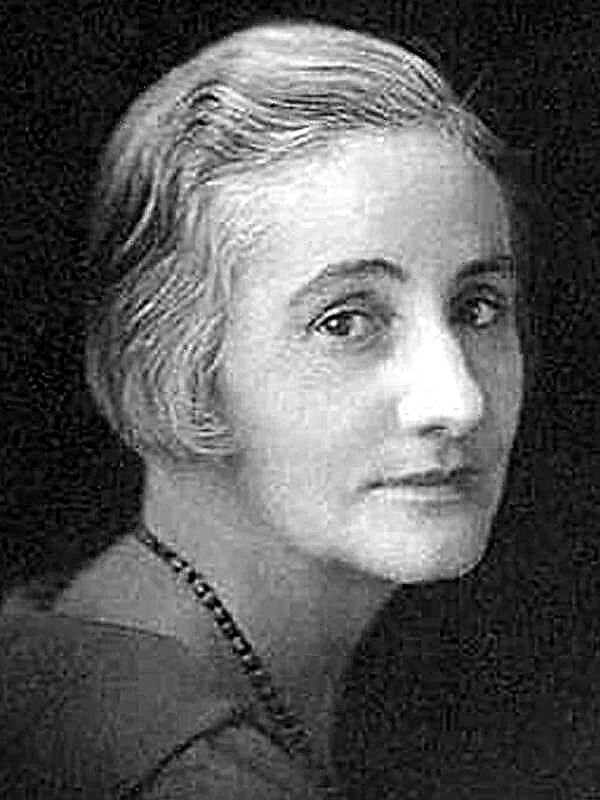
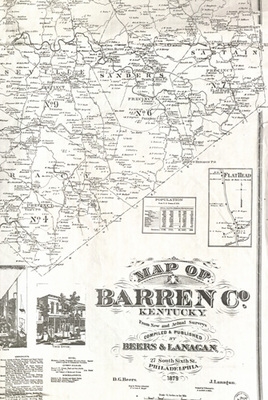
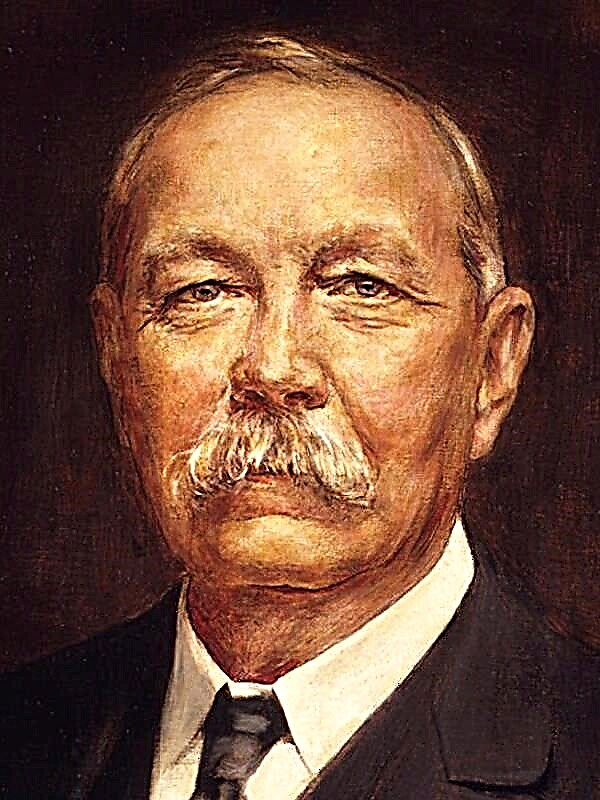
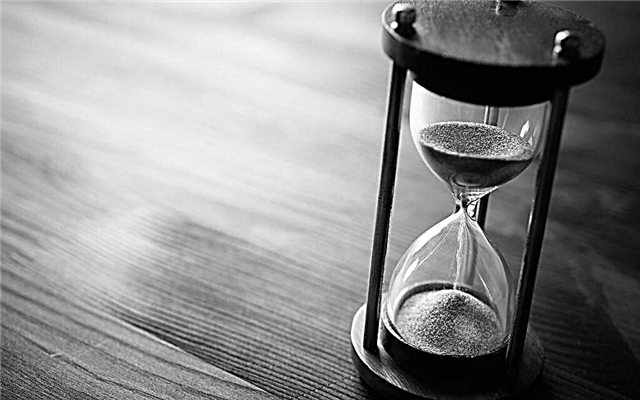
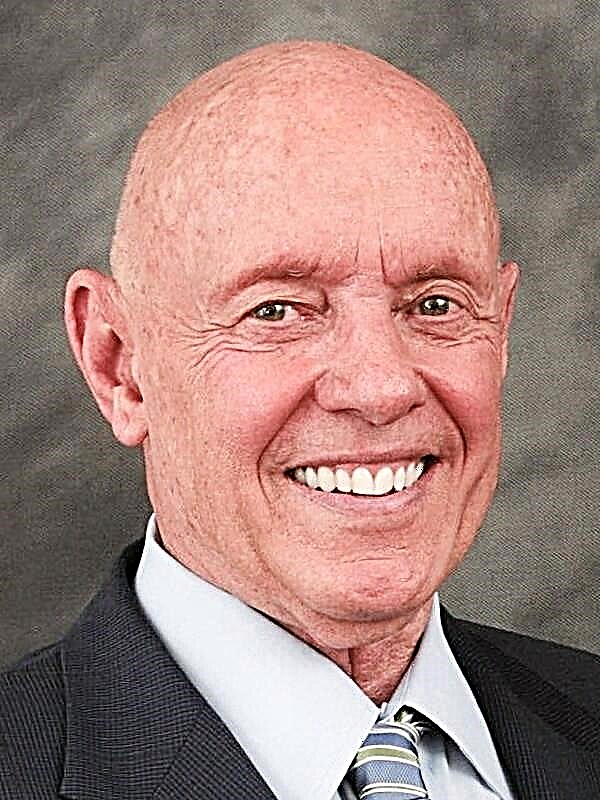
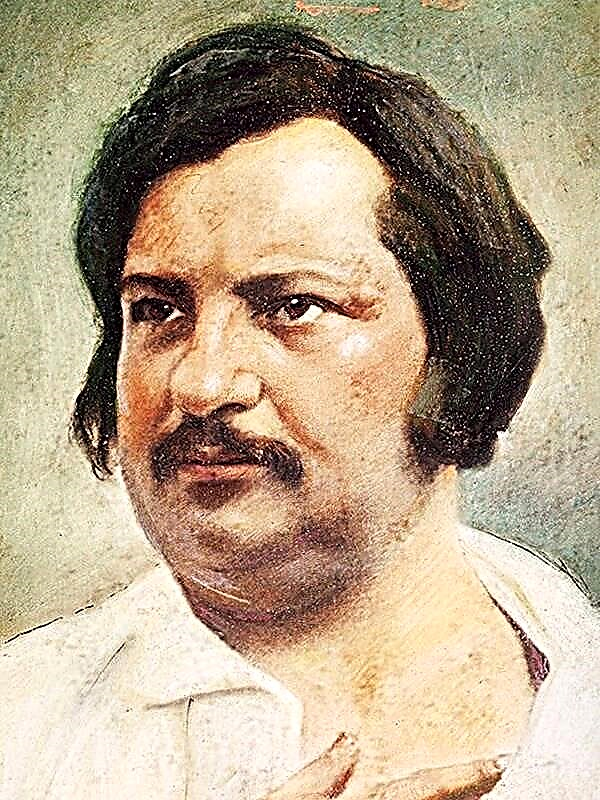
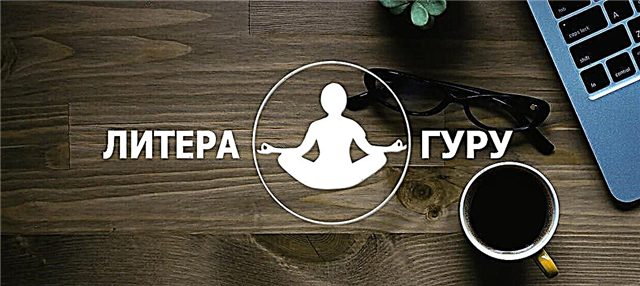
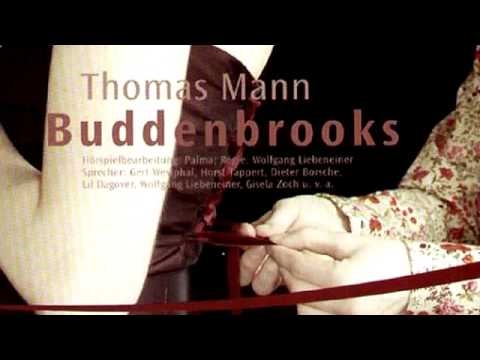 Buddenbrooks
Buddenbrooks